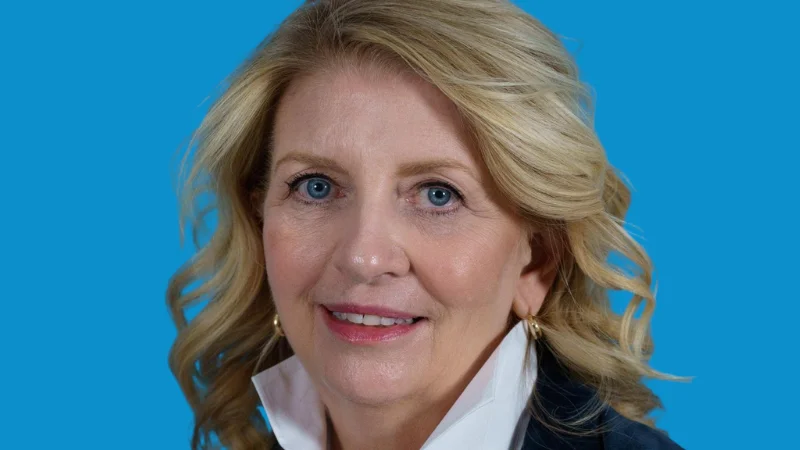The Global Education Evidence Advisory Panel (GEEAP) is an independent group of researchers established to support evidence-based policymaking in education. The panel is co-convened by the Foreign, Commonwealth & Development Office (FCDO), the United Nations Children’s Fund (UNICEF), and the World Bank.
According to its mission statement, GEEAP is a cross-disciplinary body made up of leading experts who focus on distilling key policy lessons with an emphasis on cost-effectiveness at scale. The panel works with stakeholders to strengthen evidence-informed decisions in education systems.
Panelists are selected for their expertise in generating and applying strong evidence in education. They come from backgrounds such as economics, psychology, educational practice, and policymaking. Members also participate in other advisory groups globally, but GEEAP brings together this expertise to offer broad guidance—especially aimed at low- and middle-income countries.
The panel produces various reports and resources that guide policy decisions. Among these outputs is the “Smart Buys” report series, which evaluates education programs based on their cost-effectiveness. The interventions are grouped into several categories: "Great buys," "Good buys," "Promising but limited evidence," "Effective but relatively expensive," and "Bad buys."
The 2023 “Smart Buys” report identifies effective strategies for improving learning outcomes in low- and middle-income countries. It highlights teacher support, targeted instruction methods like teaching at the right level, and early childhood programs as particularly effective approaches. The report cautions against investing heavily in interventions such as hardware alone that have shown little impact relative to their cost.
Additionally, GEEAP produced a 2022 report focused on helping countries recover from pandemic-related learning losses. This document recommends reopening schools quickly, supporting teachers effectively, and prioritizing foundational skills so that education systems can become more resilient and equitable after COVID-19 disruptions.
A complete list of current panel members is available through official channels of the convening organizations.

